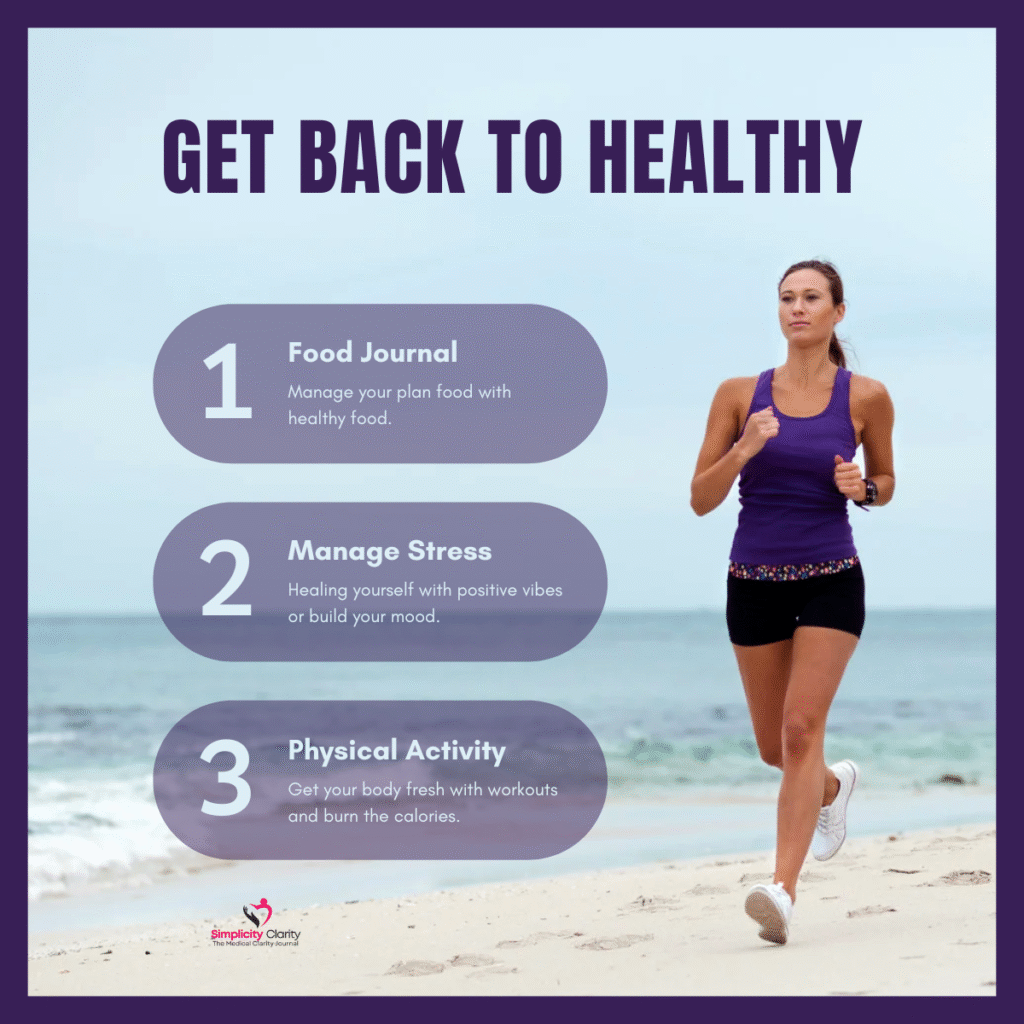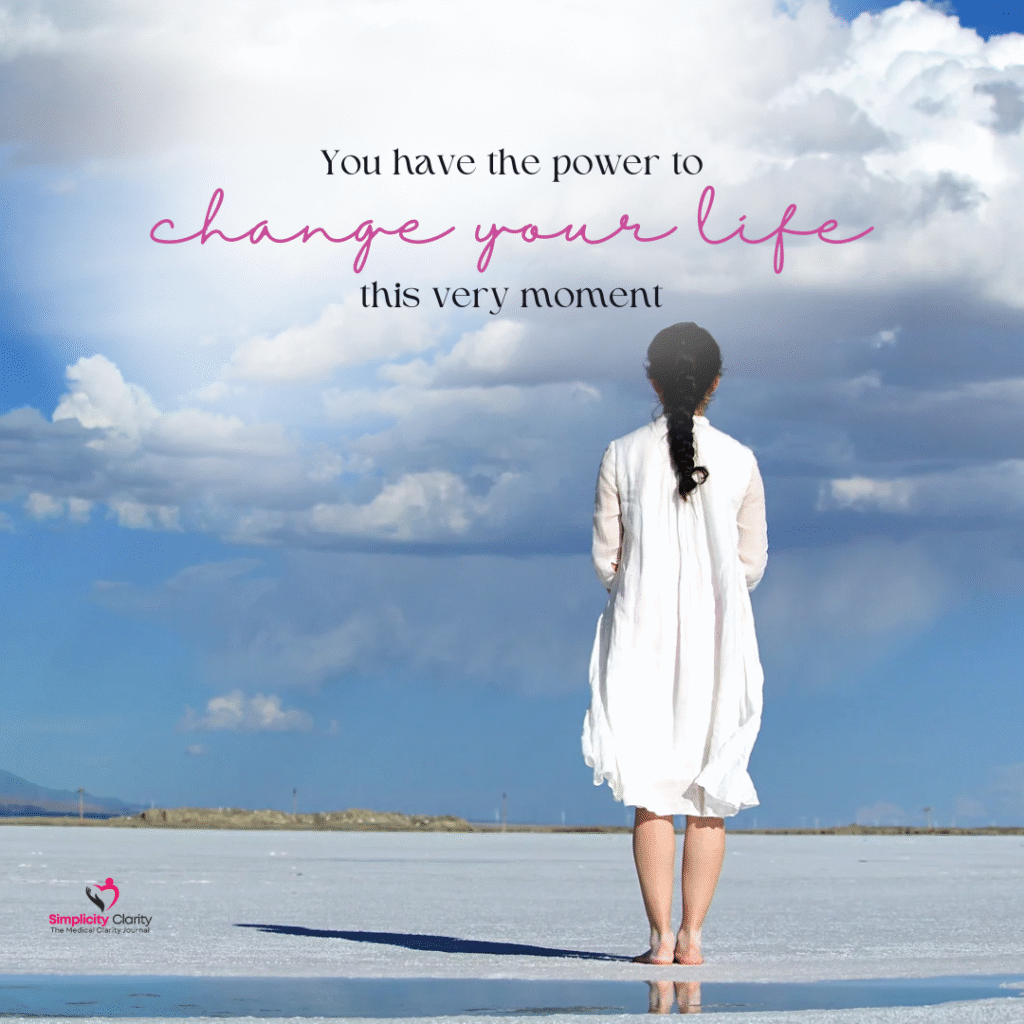
How Healthcare Literacy Can Transform Your Life and Inspire Loved Ones
- June 5, 2025
- 1 Like
- 396 Views
- 0 Comments
In an age of overwhelming information, where health news flashes across screens and spreads rapidly through social media, healthcare literacy has become more than just a desirable skill—it’s a necessity. But beyond the academic definition lies a powerful truth: embracing healthcare literacy can inspire real, lasting change, not only for you but also for the people closest to you.
From helping aging parents understand their medications to encouraging children to make healthier food choices, healthcare literacy allows you to make confident, informed decisions. It connects personal well-being with community health and bridges the gap between fear and empowerment.
What Is Healthcare Literacy, Really?
Healthcare literacy is the ability to find, understand, evaluate, and apply health-related information to make appropriate decisions. It covers more than reading brochures or filling prescriptions—it involves:
- Understanding medical terminology
- Knowing how to navigate health systems
- Interpreting lab results
- Comparing treatment options
- Asking the right questions during medical appointments
- Making use of digital tools and reliable media
For people in every part of the world—from rural villages to urban centers—healthcare literacy can be a life-saving skill.

Why It Matters: The Global Health Gap
Across countries, limited healthcare literacy contributes to:
- Misuse of medication
- Late-stage diagnosis of preventable diseases
- Increased hospital visits
- Poor management of chronic illnesses like diabetes and hypertension
In contrast, individuals with strong healthcare literacy:
- Engage more in preventive care
- Have better chronic disease outcomes
- Experience fewer emergency room visits
- Save more on healthcare costs
But the biggest transformation occurs when you become the spark for your family and community.
How to Inspire Change Through Healthcare Literacy
Here’s how you can use healthcare literacy to impact your life and inspire change in the lives of your loved ones:
1. Start with Empathy: Motivate Loved Ones by Sharing Your Own Journey
When you learn something valuable about health—don’t keep it to yourself. Share it in a way that is relatable, not preachy.
Example: Fatima, a teacher in Morocco, was diagnosed with high blood pressure. After learning how stress and diet affected her condition, she began talking to her husband and sister about healthy food swaps and relaxation techniques. They all started meditating together twice a week. Her journey became theirs.
Tip: Use real stories over statistics. People respond to personal change more than to distant facts.

2. Role-Model Healthy Behaviors
You don’t need to lecture to teach. Leading by example is one of the most powerful tools for spreading healthcare literacy.
- Show up for doctor’s appointments.
- Choose healthier options at the table.
- Practice daily physical activity.
- Talk about health openly—not just when someone falls ill.
Example: Thomas, a grandfather in Germany, began taking daily morning walks after his heart surgery. His grandchildren, inspired by his determination, started joining him on weekends. A habit born out of recovery became a family tradition.
3. Embrace and Share Digital Health Tools
Healthcare is increasingly digital. Apps, websites, wearable devices, and online consultations offer enormous potential.
Some Tools to Explore:
- MySugr – diabetes management app
- Medisafe – medication reminders
- Ada Health – AI-powered symptom checker
- Headspace – mindfulness and mental wellness
- Babylon Health – online consultations (available in several countries)
Example: In Bangladesh, rural women use a mobile health app (Maya) to anonymously ask questions about reproductive health. This tool has improved early detection of pregnancy-related issues and allowed access to advice that was once taboo to discuss openly.
Tip: Introduce simple apps to your parents or children. Walk them through how to use it, and make it a family project.
4. Use Local Media to Bridge Understanding
Not everyone learns through reading. Radio, TV shows, podcasts, and magazines are powerful vehicles for health education.
- Watch a documentary on healthy living together.
- Listen to a health podcast in your language on the commute.
- Subscribe to family-oriented wellness magazines.
Example: In South Africa, the “Soul City” TV series blends drama with real health messages. By integrating HIV/AIDS awareness into its storylines, it changed behaviors and encouraged more people to get tested.
Tip: Choose culturally and linguistically appropriate media. The key is consistency and relatability.
5. Cultivate Curiosity and Ask Questions
Healthcare literacy starts with curiosity. Encourage your loved ones to ask questions during doctor visits, read up on conditions, and not fear medical terms.
- Make “Why?” and “What does this mean?” a habit.
- Translate complex terms into everyday language.
- Research side effects, treatment options, and health myths together.
Example: Mei Ling from Taiwan was unsure about a medication prescribed to her mother. By researching with her on a trusted government health website, she discovered a better-suited alternative, which the doctor agreed to switch to.
Tip: Make a “health question jar” for your household—drop in questions and discuss them weekly.
6. Promote Preventive and Promotive Health
Prevention is the foundation of long-term health. Promotive health, on the other hand, focuses on creating conditions for well-being through education, community efforts, and lifestyle shifts.
Simple Ways to Promote This:
- Schedule regular health screenings and vaccinations.
- Educate others on nutrition, hydration, and mental health.
- Get involved in community fitness programs.
- Encourage smoke-free and alcohol-moderated lifestyles.
Example: In the Philippines, barangay health workers (local volunteers) organize monthly “health literacy days” in villages. They cover topics like dengue prevention, hand hygiene, and cervical cancer screening. This grassroots approach has reduced disease outbreaks.
Tip: Prevention works best when it’s personalized. Ask your loved ones, “What health goal matters to you this month?”
Global Case Studies That Inspire
🩺 Kenya – Empowering Mothers with Mobile Literacy
The “Mama na Mtoto” initiative provides weekly messages in Swahili about maternal and newborn care. Mothers now demand prenatal check-ups, ask midwives informed questions, and take ownership of their babies’ health.
💻 Canada – Chronic Disease and Telehealth Tools
Canadian patients with heart conditions receive Bluetooth-connected monitors at home. Their data is reviewed daily by nurses, helping spot early signs of complications. Families are trained to interpret readings, transforming homes into mini health hubs.
📺 Australia – Anti-Smoking Campaigns
Australia’s bold public health media campaigns—like showing blackened lungs on cigarette packs—triggered nationwide conversations. Smoking rates have dropped, particularly among youth, thanks to straightforward messaging and visual storytelling.
The Ripple Effect of Empowerment
When one person becomes health-literate, the impact extends far beyond individual benefit. You become a health translator, a trusted voice, and a catalyst for change.
- Children model what they see.
- Friends feel encouraged to take action.
- Elders learn to ask questions they once feared.
- Communities grow stronger through shared knowledge.
Conclusion: A Call to Action
Health is not just about treatment—it’s about empowerment. Embracing healthcare literacy is one of the most effective and compassionate ways to uplift your life and the lives of those around you.
So ask yourself:
- What’s one health topic I want to learn about this week?
- Who in my life might benefit from understanding this too?
- How can I gently and respectfully share this knowledge?
Whether you’re a student in Jakarta, a father in Nairobi, a nurse in Manila, or a daughter in São Paulo—you have the power to inspire a healthier future.
Because when we understand our health, we reclaim our power. And when we share that power, we change the world.



Leave Your Comment